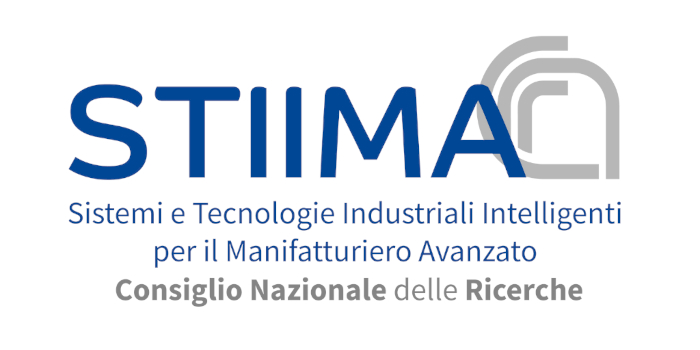THEMATIC SESSION #28
Multimodal Fusion networks in diagnostic Healthcare applications
ORGANIZED BY
Roelant Ossewaarde
Utrecht University of Applied Sciences, AI lectorate
Sietske Tacoma
Utrecht University of Applied Sciences, AI lectorate
Coert Van Gemeren
Utrecht University of Applied Sciences, AI lectorate
THEMATIC SESSION DESCRIPTION
AI is increasingly used in the primary diagnostic decision making processes in healthcare. It carries promises of cost reductions, objective judgements and an ability to combine highly dimensional datasets. This often requires the combination of domain specific AI tooling into a converging analysis or diagnosis pipeline. Examples are diagnostics based on the combined profile that results from sensing, imaging, medical case files, liquor and other sources of information.
To combine these domain specific analyses, various approaches to multimodal AI have been developed, differing on aspects such as architectural composition (e.g., early vs late fusion networks), the involvement of humans in inferencing or configuration (e.g., human-in-the-loop vs human-on-the-loop approaches), and distributional deployment characteristics (centralized vs edge AI). An overarching concern is the degree to which uncertainty is propagated or shared between the different modalities, and towards the final output.
This thematic session invites work on AI systems in which multiple individual modality analyses combine or collaborate towards a final predictive solution. This also includes combinations of AI systems that are physically separated. Although our focus is on the healthcare context, comparable contexts are not excluded.
TOPICS
Contributions are invited on topics including, but not limited to:
- architectural designs;
- cross-modal inferential patterns;
- uncertainty propagation;
- late vs early fusion models.
We also welcome demonstrations of systems in existence or in development.
We strive towards a consensus on best practices in designing distributed multimodal AI systems.
ABOUT THE ORGANIZERS
Dr. Roelant Ossewaarde is an associate professor in the domain of AI. He heads the Future of Machine Learning group at the Utrecht University of Applied Science. His research interests include applications of AI in the Healthcare domain, specifically in the domain of Young Onset Dementia, which includes frontotemporal and early onset Alzheimer's type dementias.
Dr. Sietske Tacoma is a senior researcher in the AI lectorate of Utrecht University of Applied Sciences. Her AI research interests concentrate within the field of Human Centred AI, specifically on the use and reuse of foundational models within targeted domains. One part of her research involves automated measurements of motor movements by infants to aid physical therapist practices.
Dr. Coert Van Gemeren is a senior researcher in the AI lectorate of Utrecht University of Applied Sciences. His main research domain is on vision and image recognition techniques. He is a fellow in the IMAGINE innovation lab, a collaboration between hospitals, technical universities, Philips and research universities that targets image guided interventions in healthcare.



















